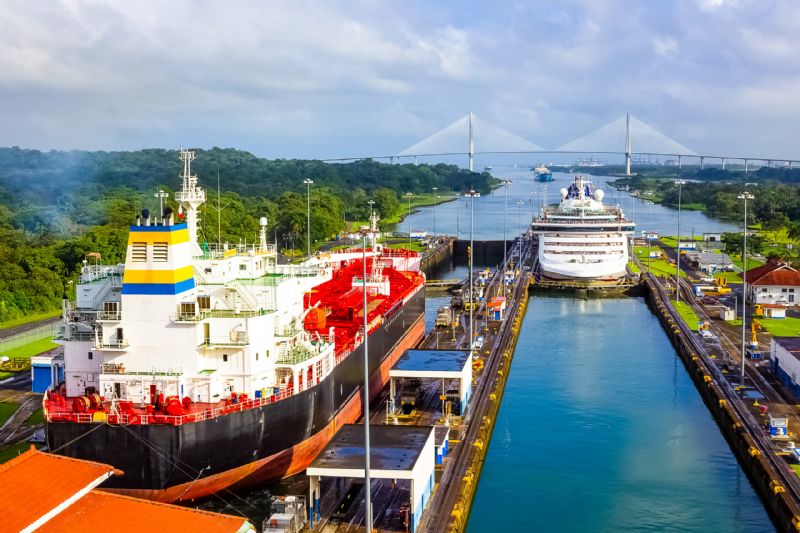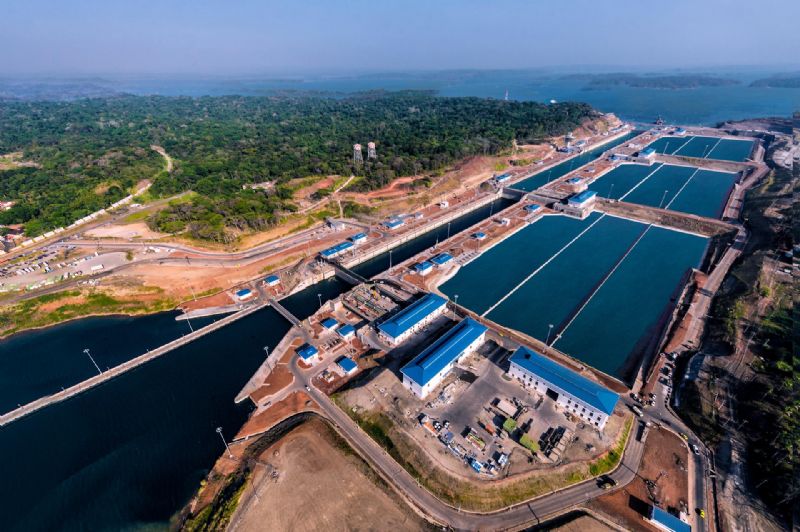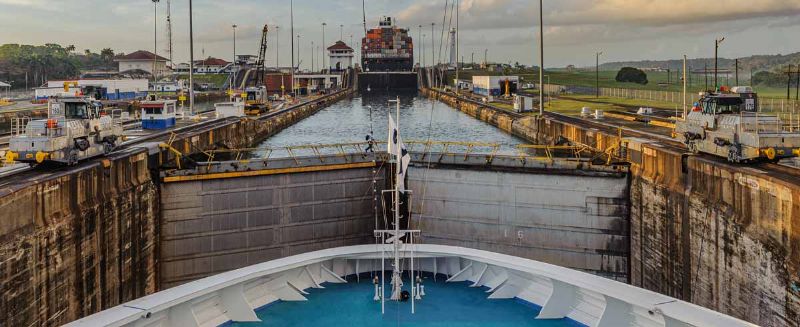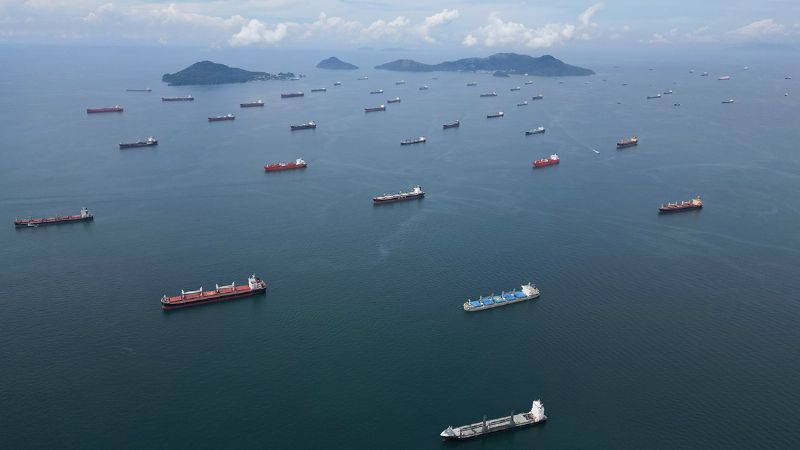
The Panama Canal Authority is taking further steps to ease some of the restrictions on transits imposed due to water restrictions. Starting later this month, they are increasing the available spots for daily transits by a further 12 percent after delaying planned reductions earlier in the year.
Two additional slots will be offered through the auction system for transit dates beginning March 18, and an additional slot will become available for transit dates beginning March 25 for the original locks. According to the authority, these measures will allow the majority of vessels that want to transit the Panama Canal to have a better chance of obtaining a reservation.
Since the start of the restrictions the authority has urged shippers to use the reservation system to elevate some of the longer waits for transit. Current data shows that the industry has adapted to the restrictions resulting in a dramatic drop in the waits as some vessels divert and others use the reservations.
Data shows that there were just 46 vessels in the queue for transit as of this morning down from a peak of over 100 ships. Further, 37 have reservations with only nine in the queue without reservations. Equally important the wait times for transits have been reduced to under one day for northbound vessels without reservations and five days for southbound vessels.
Under the latest plan, the authority with increase the number of daily transits to 20 through the historical locks that serve most of the vessels at the canal. Transits for the larger Neopanamax locks, however, will remain reduced at just seven a day versus the recent level of 10. Total transits as of late March will have increased to 27 per day which remains at nearly half of peak levels.
The Panama Canal Authority began introducing a series of restrictions in response to record low rainfall levels which reduced water levels in its reservoirs. They started more than a year ago with draft restrictions and then more recently to maintain the draft levels began reducing the number of daily transits. Even still, some containerships have been forced to transship portions of their loads across Panama by rail while earlier in the year Maersk introduced a first-of-its-kind two-ship route for the Atlantic and Pacific moving the boxes across the Isthmus by train while traveling the route.
The Panama Canal Authority reports it continues to carefully monitor water levels and is taking other steps to conserve water, such as a process called “double locking” where two smaller ships transit the locks simultaneously as well as water recycling where possible. However, they have warned that the restrictions are likely to last for months. Panama’s rainy season runs from May to December which would be the first opportunity to significantly increase the reservoir’s water levels after the ongoing drought.




We use cookies to improve your experience. By continuing to use our site, you accept our Cookies, Privacy Policy,Terms and Conditions. Close X